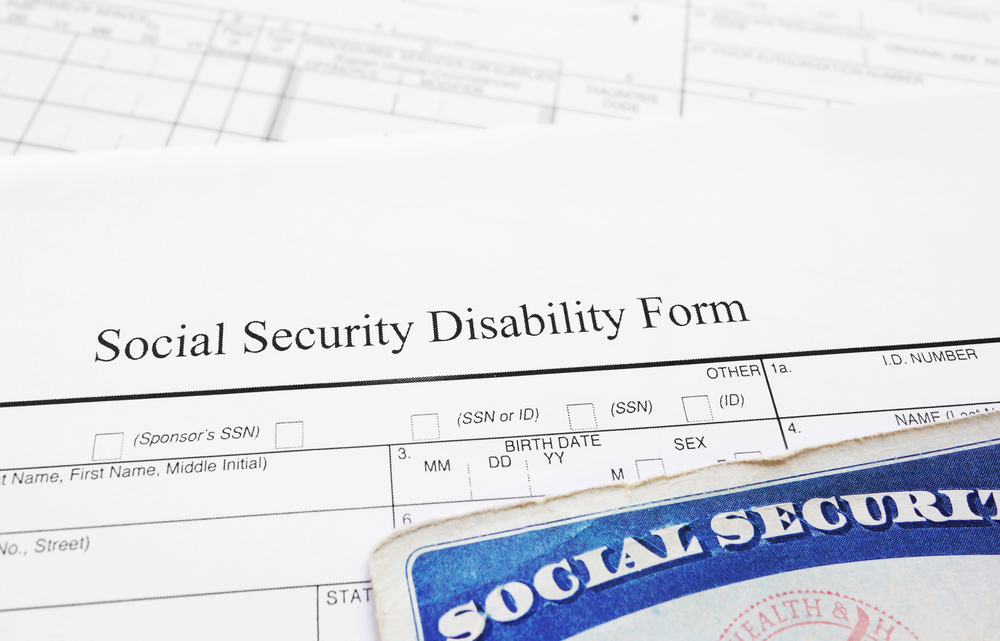
Are you suffering from a mental disorder that affects your ability to work? Then, you could be eligible to receive Supplemental Security Income (SSI) and Social Security Disability (SSDI) benefits. These federal programs provide financial aid to certain people with a qualifying disability. Learn about these benefits and which mental disorders are covered, then speak to our Illinois Social Security disability lawyer at Harold W. Conick & Associates for legal assistance.
Generally, to qualify as disabled for reasons of Social Security benefits, your condition must limit your ability to work. If your case is approved, the following mental disorders may be covered by the Social Security Administration (SSA). You should speak to a qualified Social Security disability attorney today to find out if your case could be approved based on your mental disorder:
SSA requires many types of evidence to evaluate your condition, including those listed in this section. First, SSA needs ‘objective medical evidence from an acceptable medical source’ to establish that the applicant has a mental disorder. The agency also requires evidence of the condition’s severity and its effect on your ability to work. SSA will determine the kinds of evidence and extent of the evidence-based on facts about your medical condition.
Second, the agency requires evidence from medical sources, including ‘all relevant evidence about the disorder from your doctor, psychologist, other medical sources.’ These include physician assistants, nurse practitioners, social workers, and clinical mental health professionals. Some evidence from these medical sources includes but is not limited to:
The administration will review evidence from you and those who know you. For example, SSA will ask about your medical symptoms, how well you function daily, and the treatments you receive from medical professionals. They will also request information from third-party sources with evidence of your mental disorder.
There is more to a Social Security disability case than having your physician say you have a covered mental disorder. The application and determination processes are complex, and it is common for many applicants to be initially rejected.
Thus, it is highly recommended that your claim is evaluated by an Illinois Social Security disability lawyer, which should not cost anything upfront. Many disability attorneys use contingency arrangements, such as 25% of a lump sum payment with a fee cap. However, speak to your Social Security disability attorney to learn how they are compensated.
It can be challenging to earn a living if you suffer from a mental health disorder, so obtaining Social Security disability can be vital to your future. Please contact our Illinois Social Security disability lawyer at Harold W. Conick & Associates at (800) 608-8881 for help with your case.